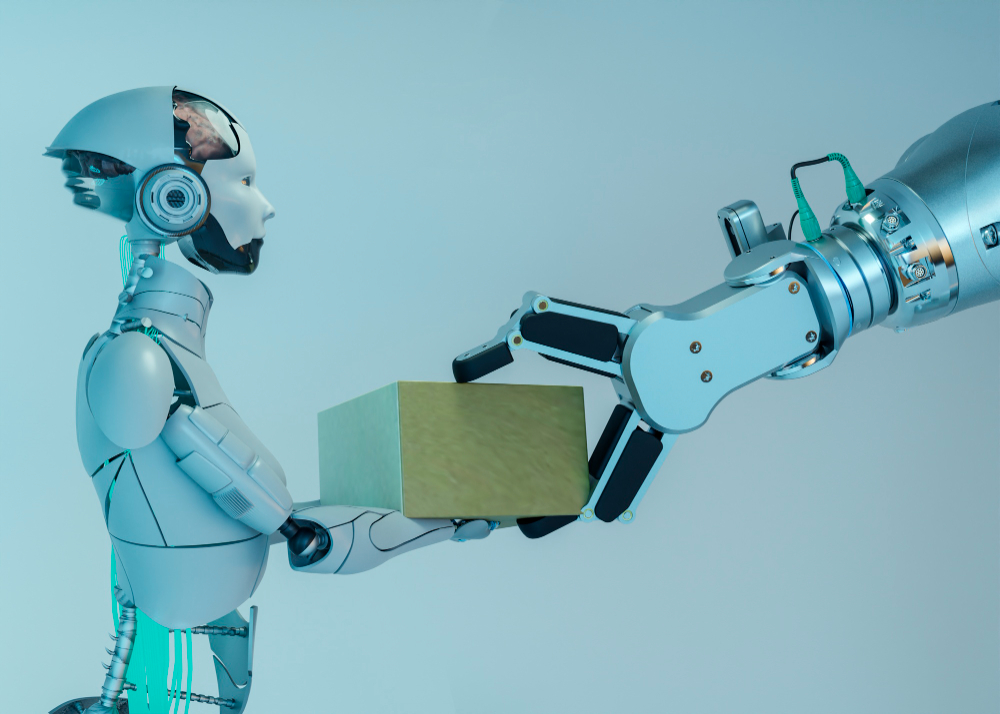In the dynamic landscape of scientific inquiry, artificial intelligence (AI) emerges as a formidable force, reshaping traditional methodologies and accelerating the pace of discovery. No longer confined to the realm of data analysis, AI now permeates every facet of scientific research, from experimental design to hypothesis testing. By harnessing the power of machine learning algorithms, scientists can navigate through vast oceans of data with unprecedented precision, uncovering hidden insights and guiding the course of experimentation. Moreover, AI fosters collaboration across disparate fields, breaking down silos and encouraging interdisciplinary approaches to solving complex problems. Yet, with great promise comes great responsibility. Ethical considerations loom large, demanding vigilance in addressing biases and ensuring the integrity of AI-driven research. Nevertheless, as we stand at the threshold of a new era in scientific exploration, the ascent of AI heralds a future where the boundaries of knowledge are pushed ever further, and the mysteries of the universe are brought within closer reach.




